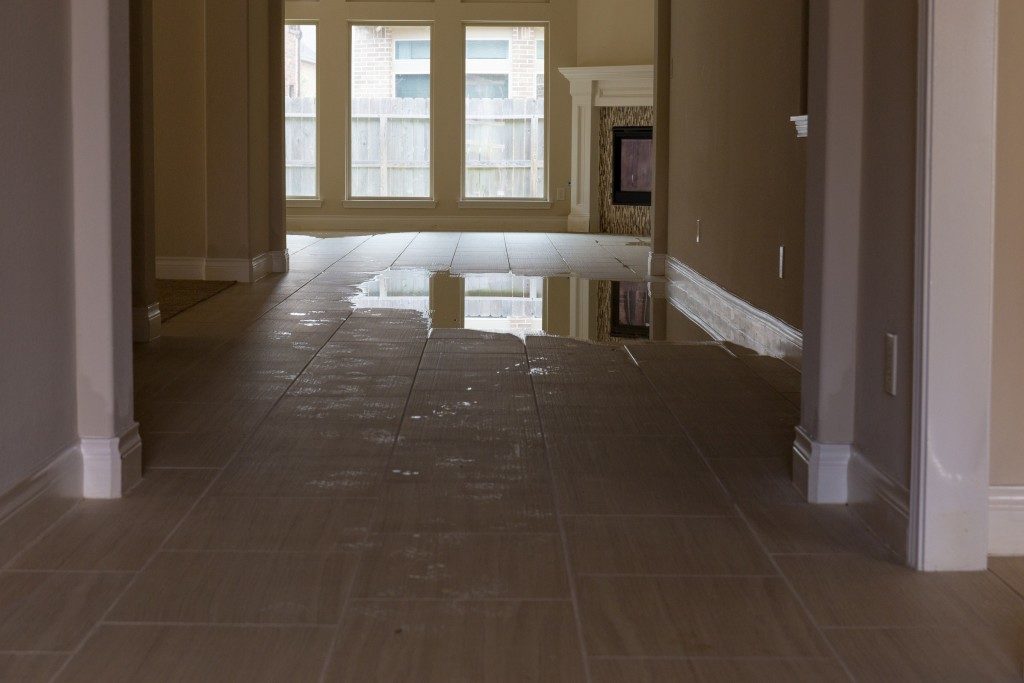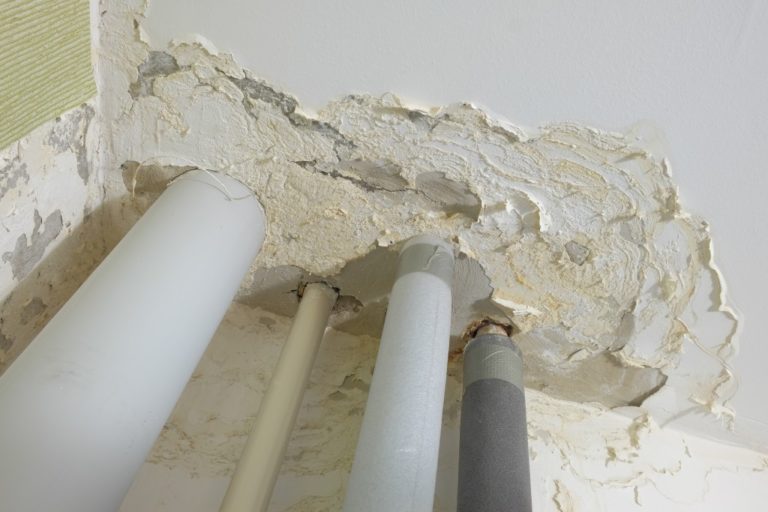If you’ve ever found yourself a victim of water damage in your own home, you know how catastrophic this situation can be for anyone. Hopefully, you’ve now taken precautions on how to prevent it from happening again and how to take the proper steps in the future if it does unfortunately happen again. One of the first things that you need to do is to find out if your flooring has waterproofing epoxy coating. This would at least give you some relief that your floorboards or concrete flooring won’t be damaged by the flooding of water inside your home.
There’s a lot of reasons water damage happens, but mostly it has to do with damage in the plumbing system of your house. If there’s a leak or a broken pipe that hasn’t been replaced or repaired, you might find yourself with a pool of water in your basement. So what steps should you take if water damage does happen to you and your family?
Step 1: Turn off the Water Source
This is why it’s important to always be aware where your water meter is because this is also where the controls for the water source is located. Turn it off the moment that a pipe has broken or there’s a huge leak in your house’s plumbing system. Normally, if the leak happens under your kitchen sink, you can just turn off the faucet and the problem will be solved. But if the problem is bigger than that and there’s a busted pipe in your basement, it’s better to go to the main source and stop all the water from coming into your pipes.
Step 2: Evacuate Your Family

Even if the water damage has been isolated in the basement portion of your house, it is still advisable to evacuate your family for the meantime—until the coast is cleared and the house declared safe for habitation. Let your family stay at a hotel, a family friend’s, or a relative’s. This is especially the case if you have children because you don’t want to disrupt their studies with people going in and out of the house to inspect the water damage and repair the source of the problem.
Step 3: Call a Professional Plumber
As a homeowner, you should have a plumber and electrician on speed dial. Water damage can cause serious destruction of your property. It does not only damage the furniture and other things inside the house, but it also weakens the foundation and structure of your home. Also, it can lead to mold and mildew that have an adverse effect on your health and the health of your family.
Call a professional the moment that a plumbing problem presents itself. You might not be sure if the water damage is caused by a broken pipe or the main plumbing system, but a professional and licensed plumber would know exactly what to do.
Step 4: Check Your Insurance
Assuming that you have home insurance, check your policy and see what you can claim for water damage. This is also when you should assess the damage to your home and other valuable stuff in your house. You can contact your lawyer to file a claim on your behalf and ask for an assessment of what you should get from the insurance.
Water damage is the root of all major problems in a home. It can seriously deplete your savings, especially if you don’t have insurance to cover for the repair expenses. Put in place preventive measures in your house. Also, check the water pipes regularly and never shrug off a broken or leaky pipe. Make sure to address problems immediately.




